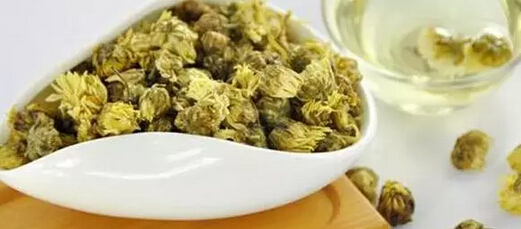The benefits of chrysanthemum tea are well-known, but whether it can be consumed long-term remains a common concern.
Below, we first outline the advantages of drinking chrysanthemum tea:
The "Compendium of Materia Medica" details its medicinal properties: sweet in nature, cold in taste, with effects like dispelling wind-heat, calming the liver, and improving vision. "Shennong's Classic of Materia Medica" states that white chrysanthemum tea can "treat dizziness, swelling, eye fatigue, skin numbness, and rheumatic pain, promoting vitality and longevity with prolonged use."

Modern studies confirm that chrysanthemum tea lowers blood pressure, inhibits cancer cells, expands coronary arteries, and has antibacterial effects. Long-term intake may increase calcium levels, regulate heart function, and reduce cholesterol, making it suitable for the elderly and for preventing conjunctivitis. It also alleviates dry eyes caused by excessive screen time and soothes headaches.

Many assume that more benefits come with prolonged consumption. But is long-term intake advisable?
Research notes that chrysanthemum tea contains minimal fat (0.9%), which, combined with flavonoids, aids detoxification.

However, the trace fats might induce coldness and lower immunity. Dr. Yin Zhichao, a TCM expert, warns that overconsumption of cooling teas like chrysanthemum—meant for colds or infections—can worsen虚寒体质 (cold deficiency).
Chrysanthemum tea’s cold nature makes it unsuitable for阳虚体质 (yang-deficient individuals), ruling out long-term use.